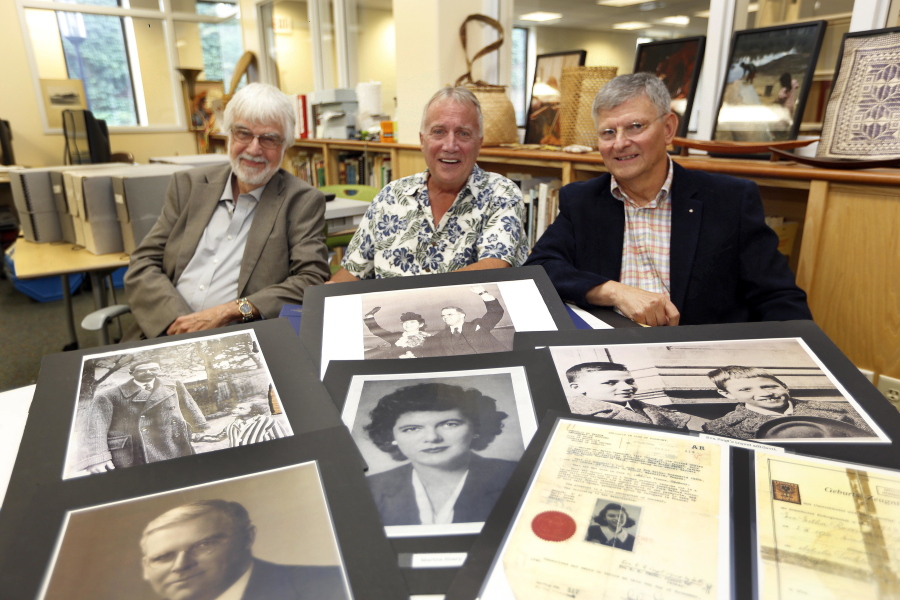KEENE, N.H. — When Ken Burns screened clips of his latest documentary at the United States Holocaust Memorial Museum, a fearful woman approached him and asked, “Is this going to happen to us again?”
The documentary, “Defying the Nazis: The Sharps’ War,” tells the story of a Wellesley, Mass., couple who rescued refugees and dissidents in Europe before and after the start of World War II. It aired on PBS on Tuesday, the day Democratic President Barack Obama and other world leaders host a summit aimed at securing new commitments to support today’s refugees.
The parallels to today weren’t lost on Burns, who co-directed the film with the couple’s grandson Artemis Joukowsky.
“It’s about sacrifice, and it’s about cost,” Burns said. “We live in a very narcissistic age, and people don’t make those gestures, or at least we live in a media culture that does not isolate and focus on people who make these kinds of selfless gestures without the PR attached to it.”



